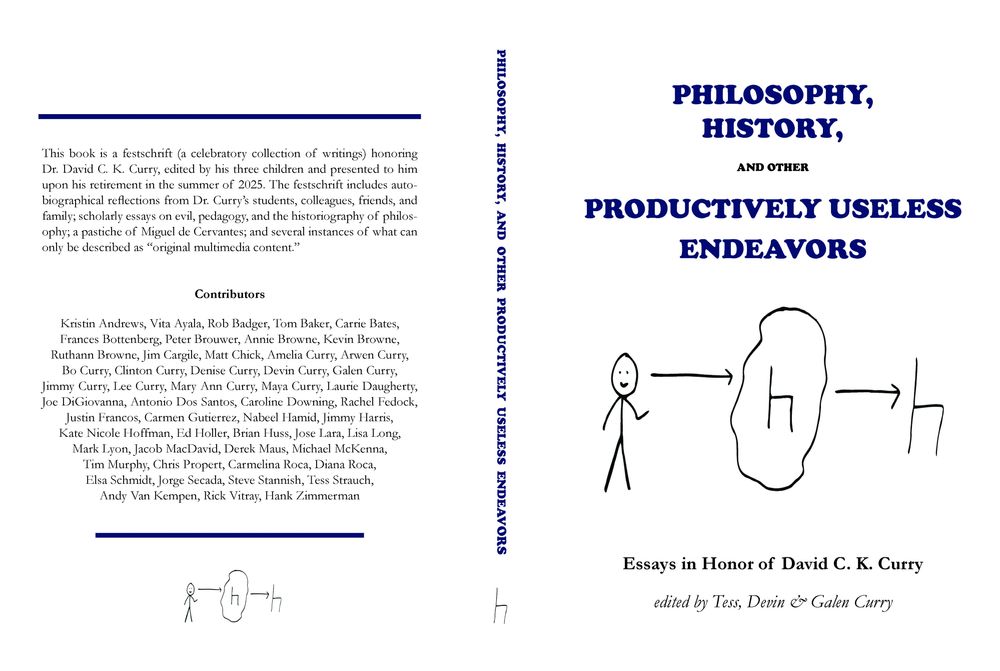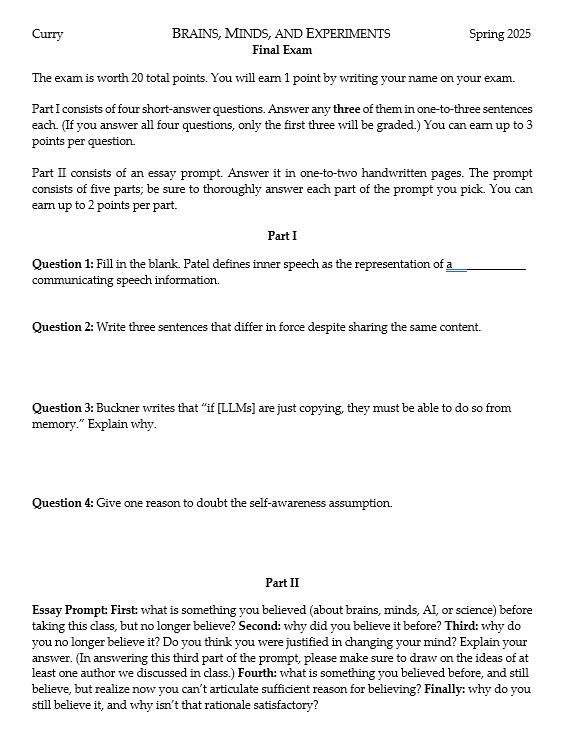Posts
Media
Videos
Starter Packs
Pinned
Reposted by Devin Curry
Reposted by Devin Curry
Devin Curry
@devinsanchezcurry.com
· Sep 6
Devin Curry
@devinsanchezcurry.com
· Sep 3
Devin Curry
@devinsanchezcurry.com
· Aug 28





